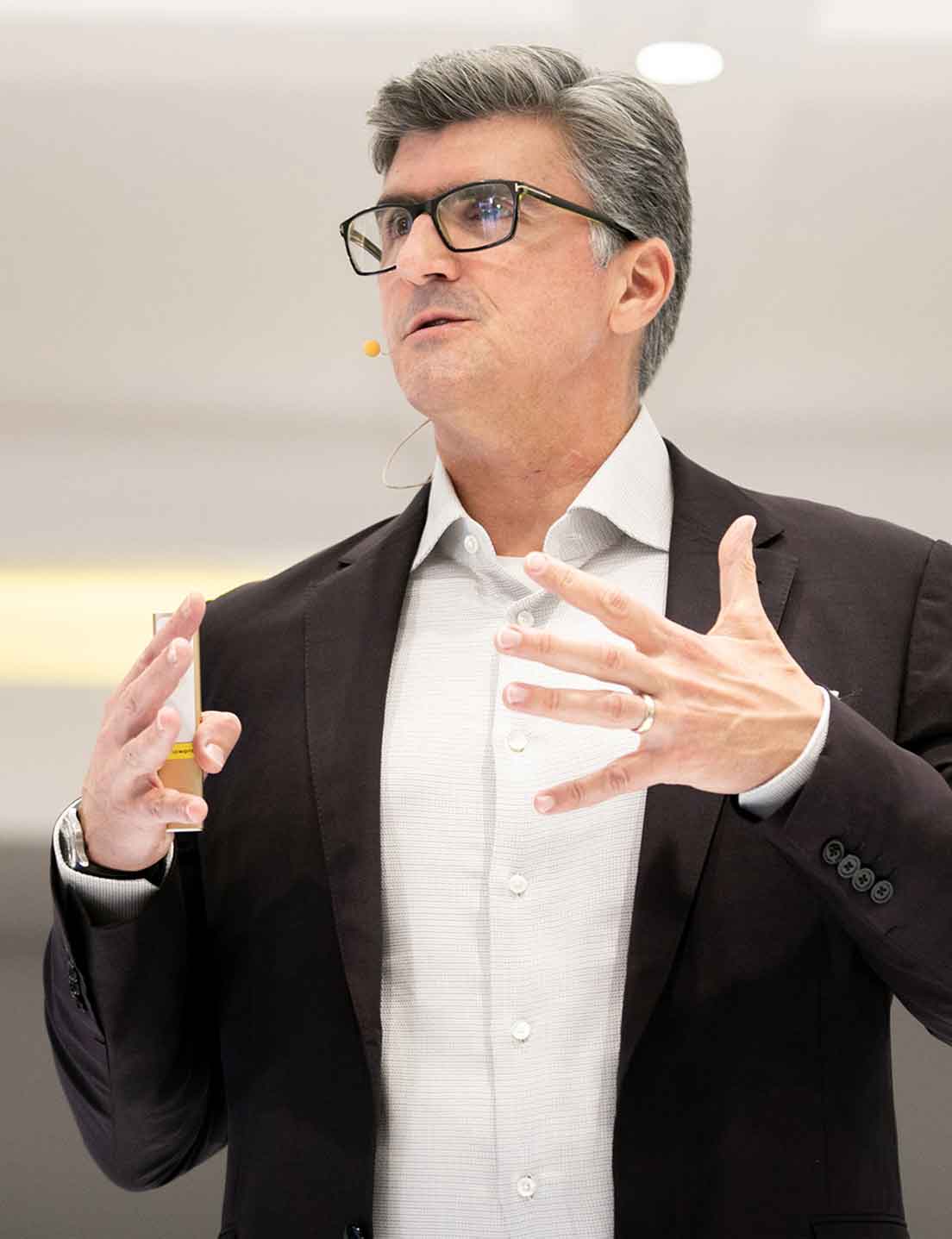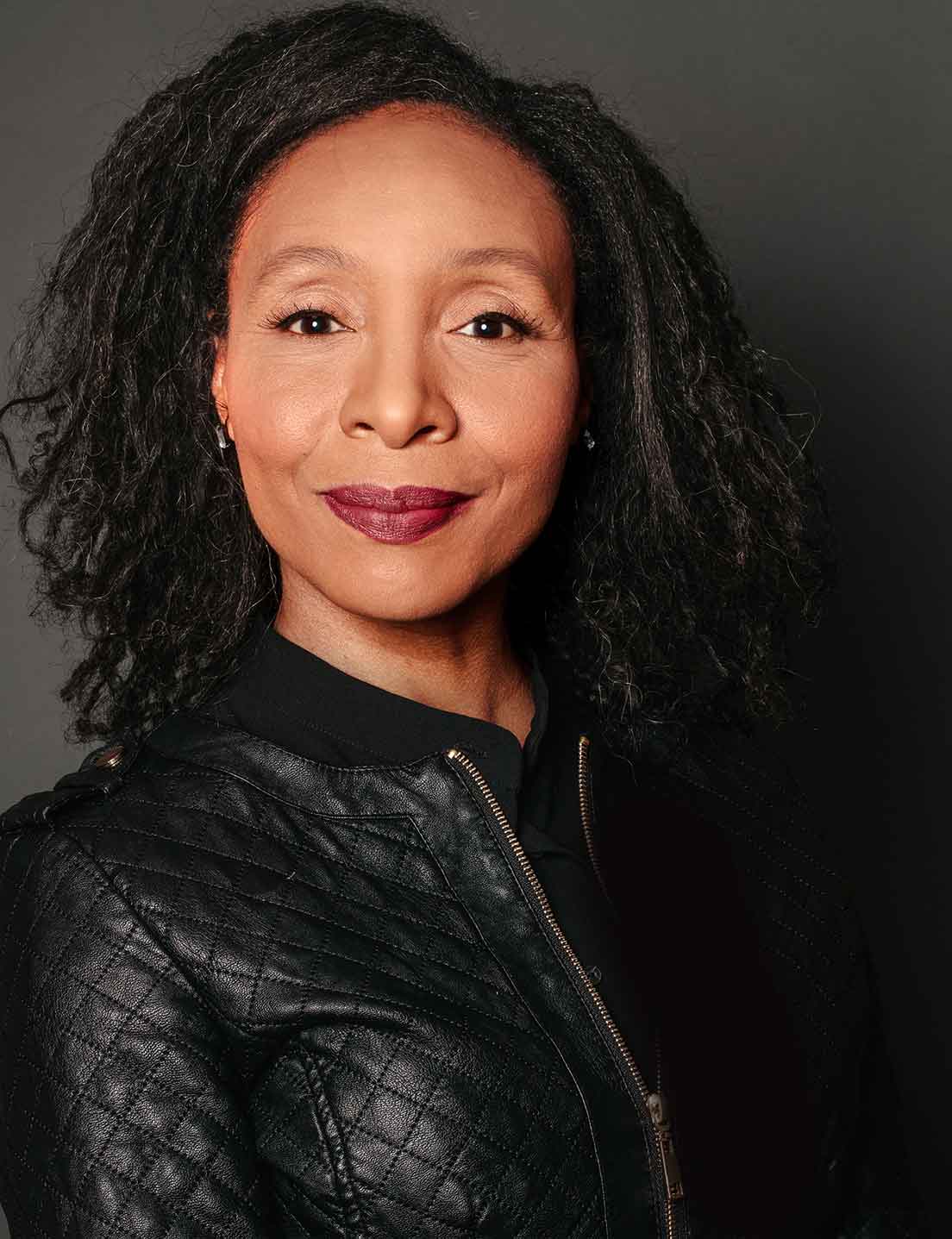Sophomore Career Connections Program Gets Students Ready to Thrive in the “New Future of Work”
Sophomore Career Connections Program Gets Students Ready to Thrive in the “New Future of Work”
Today’s students will enter a world of work that’s very different from the one their predecessors encountered even a couple of years ago. But with the creative thinking skills honed during four years of liberal arts education—and connections made within Vassar’s deep pool of caring and accomplished alumnae/i and parents—they will be well positioned to thrive in “the new future of work.” This was the message delivered to the 252 sophomores who participated in Vassar’s 7th annual and first-ever virtual Sophomore Career Connections (SCC) program held from January 25–31. And while the methods of delivering this year’s SCC were unlike any before it, students found the program equally valuable—if not more so.

“SCC was a fantastic experience,” said Alistair Tollar ’23. “All of the alumnae/i I met were unbelievably helpful and knowledgeable about their respective fields. I hope to stay in touch with many of the mentors I met that week for years to come.”
One hundred alumnae/i and/or parent mentors were on hand throughout the week to give the second-year students insight into the networking process in general and specific fields of interest. These included keynote speaker Steve Hatfield ’88, a Principal with Deloitte Consulting and the firm’s Global Future of Work Leader; creativity strategist Natalie Nixon ’91, who led an interactive workshop on creative problem-solving; and scores of others from around the globe who donated their time and expertise to help the students begin exploring their passions and possibilities.

“It’s no small feat to transition a program of this size online, but Vassar alumnae/i and parents were up for the challenge,” said Jannette Swanson, Associate Director of Alumnae/i Outreach and Partnerships at the Career Development Office (CDO), which hosts the program along with the Office of Alumnae/i Affairs and Development (OAAD). “The willingness of our mentors to dedicate the bulk of their weekend to being online with our sophomores, after having likely spent their entire week online for work, speaks to how amazing the Vassar network is.”
“One of our biggest challenges was trying to figure out how to recreate the casual conversations of a networking event in a virtual setting,” noted Harrison Taylor ’20, OAAD’s Assistant Director of Alumnae/i Engagement. “We were extremely excited to use a platform called Brazen that allowed students to talk with mentors one-on-one. We had over 1,200 unique conversations between students and mentors at the Sunday networking sessions!”
Mario Roman, CDO’s Assistant Director of Career Education and Programming, noted that the SCC program comes at a pivotal time in a student’s college career. “They are on the precipice of declaring a major if they haven’t already done so, and they are considering what they want to do this summer,” he said. “SCC is often many students’ first experience with professional networking, but the great thing is that it’s with a group of individuals who are invested in making them comfortable with this life-long skill. Denying the class of 2023 this experience was not an option in our minds because we believed they deserved to learn from and connect with our stellar alumnae/i just as much as any other class.”
In addition to networking events and 17 unique panels (“career clusters”) that featured mentors across a range of industries, students had the option of attending six small-group “Identity at Work” sessions in which they could meet mentors who share like identities, such as BIPOC, student-athletes, and LGBTQIA+. They also got a chance to consider the overall landscape of work with speakers Hatfield and Nixon.
In his keynote address, “Work Transformed: Thriving in the New Future of Work,” Hatfield noted that like a “time machine into the future,” the pandemic has accelerated changes in the workplace that were supposed to take decades more to materialize. “We’ve moved into the fourth industrial revolution—that’s where the cyber and the physical worlds are coming together,” he said. Yet there is no need to fear “the robot apocalypse” because, as specific technical skills become quickly outdated, what becomes more important are “enduring human capabilities” like empathy, story-telling, creation, resiliency, leadership, and flexibility.
In her interactive workshop, Nixon demonstrated how creative thinking works in practice. “I think about creativity as our ability to toggle between wonder and rigor to solve problems,” she said, noting that this takes improvisation and adaptability. “Write your plans in pencil, because we don’t have a way to see into the future,” she advised. “What we can do is be super-observant of the present and really listen and be attuned to signals on the landscape.”
To that end, she had everyone write down a challenge they were facing and then try to write down questions designed to reframe the problem and the possible solutions. “If we start asking new and different questions, we can start getting new and different outputs,” she said. “Asking questions is a way of thinking.”
Annabelle Wang ’23 used the exercise to begin thinking about what type of summer experience might be meaningful to her. “My brain feels a little less cluttered than it was prior to doing the exercise,” she said. “It makes a little bit more room in your head to think of things more clearly, so that was really nice. And it pushes you to be really existential. I wasn’t expecting to do that today!”
Both Nixon and Hatfield emphasized the value of a liberal arts education in learning the art of creative problem solving.
“More and more, those of you who are able to orient your thinking in the art of the remix and the mashup—and by the way, by getting a liberal arts education you totally are equipping yourself to do that—will be in the vanguard,” said Nixon.
“These enduring capabilities can be brought to bear no matter what career you may have,” Hatfield said. “The most critical thing you can learn is the passion for learning—that ability to explore, that ability to create, and that is what you will bring to the workplace.”
Sophomore Career Connections is made possible by the generous support of Carol Ostrow ’77, P’09, ’15 and Michael Graff P’09, ’15